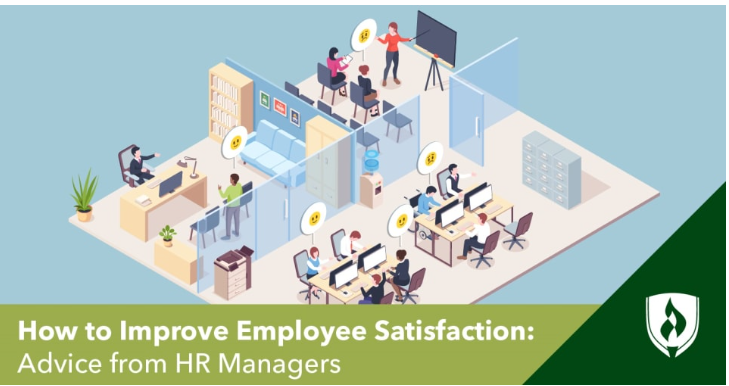Purchasing a property is one of the most significant financial decisions you’ll ever make. With the complexities of the UK property market, it’s wise to enlist the help of a professional buying agent. Buying agents can help you navigate the market, find the best properties, and negotiate favourable terms. However, choosing the right buying agent is crucial to ensure a smooth and successful property purchase. Here’s a comprehensive guide on how to choose the right buying agent in the UK.
Understanding the Role of Buying Agents
Buying agents, also known as property finders, act on behalf of the buyer to search for, evaluate, and negotiate the purchase of properties. Their services can include:
- Property Search: Identifying properties that meet your criteria.
- Market Analysis: Providing insights into the local property market.
- Negotiation: Handling price negotiations with the seller or their agent.
- Due Diligence: Conducting thorough checks on the property and its legal status.
- Management: Coordinating viewings and liaising with solicitors, surveyors, and other professionals.
Why Use a Buying Agent?
The UK property market is competitive and often opaque. A buying agent offers several advantages:
- Access to Off-Market Properties: Buying agents often have access to properties not listed publicly.
- Expert Knowledge: They provide valuable insights into market trends and property values.
- Time-Saving: They handle the legwork, from property searches to viewing arrangements.
- Negotiation Skills: Experienced agents can secure better deals than individual buyers.
Steps to Choose the Right Buying Agent
1. Define Your Requirements
Before you start your search for a buying agent, it’s essential to define your property requirements. Consider the following:
- Location: Preferred areas or neighbourhoods.
- Budget: Your maximum budget, including additional costs such as taxes and fees.
- Property Type: Type and size of the property (e.g., flat, house, number of bedrooms).
- Must-Have Features: Specific features or amenities you need.
2. Research Potential Agents
Conduct thorough research to identify potential buying agents. Consider the following sources:
- Online Reviews: Look at website feedback and social media testimonies.
- Recommendations: Ask friends, family, or colleagues for referrals.
- Professional Associations: Look for agents who are part of esteemed groups like the Association of Residential Property Finders and Buyers Agents (ARPFBA).
3. Evaluate Their Experience
Experience is crucial in the property market. When evaluating buying agents, consider:
- Years in Business: Consider their operation duration.
- Market Knowledge: Are they deeply familiar with your preferred locales?
- Track Record: Request for particulars of their latest successful deals.
4. Interview Potential Agents
Set up meetings with shortlisted agents to discuss your needs and evaluate their suitability. Key questions to ask include:
- What services do you offer?
- How do you charge for your services?
- Can you provide references from previous clients?
- How familiar are you with the areas I’m interested in?
- What strategies do you use to find properties?
5. Understand Their Fees
Buying agents typically charge a fee for their services, which can be structured in various ways:
- Flat Fee: A fixed amount for the entire service.
- Percentage of Purchase Price: A percentage of the final purchase price.
- Retainer Fee: An upfront fee paid at the start of the service, often deducted from the final fee.
Make sure you understand the fee structure and any additional costs.
6. Check Their Network
A well-connected buying agent can be a significant asset. They should have a robust network of contacts, including:
- Estate Agents: Access to both listed and off-market properties.
- Solicitors and Surveyors: Professionals needed during the buying process.
- Financial Advisors: For mortgage and financial advice.
7. Assess Their Communication Skills
Effective communication is vital. Your buying agent should be:
- Responsive: Quick to respond to calls and emails.
- Transparent: Clear about their process and progress.
- Professional: Polite and respectful in all interactions.
8. Review Their Contract
Before signing an agreement, review the contract carefully. Ensure it outlines:
- Scope of Services: Detailed description of what’s included.
- Fee Structure: Clear explanation of fees and payment terms.
- Duration: The length of the contract and termination conditions.
9. Consider Their Approach
Picking the right buying agent involves your interaction styles and needs. Some agents may take a direct approach, others give advice more. Ensure to select an agent who complements your requirements.
10. Trust Your Instincts
Finally, trust your instincts. Pick a buying agent you’re at ease and assured with. A strong connection is key for an effective collaboration.
Conclusion
Choosing the right buying agent in the UK can make a significant difference in your property purchasing experience. By following these steps, you can find an agent who understands your needs, has a proven track record, and can navigate the complexities of the UK property market. With the right buying agent by your side, you can secure the perfect property with confidence and ease.












